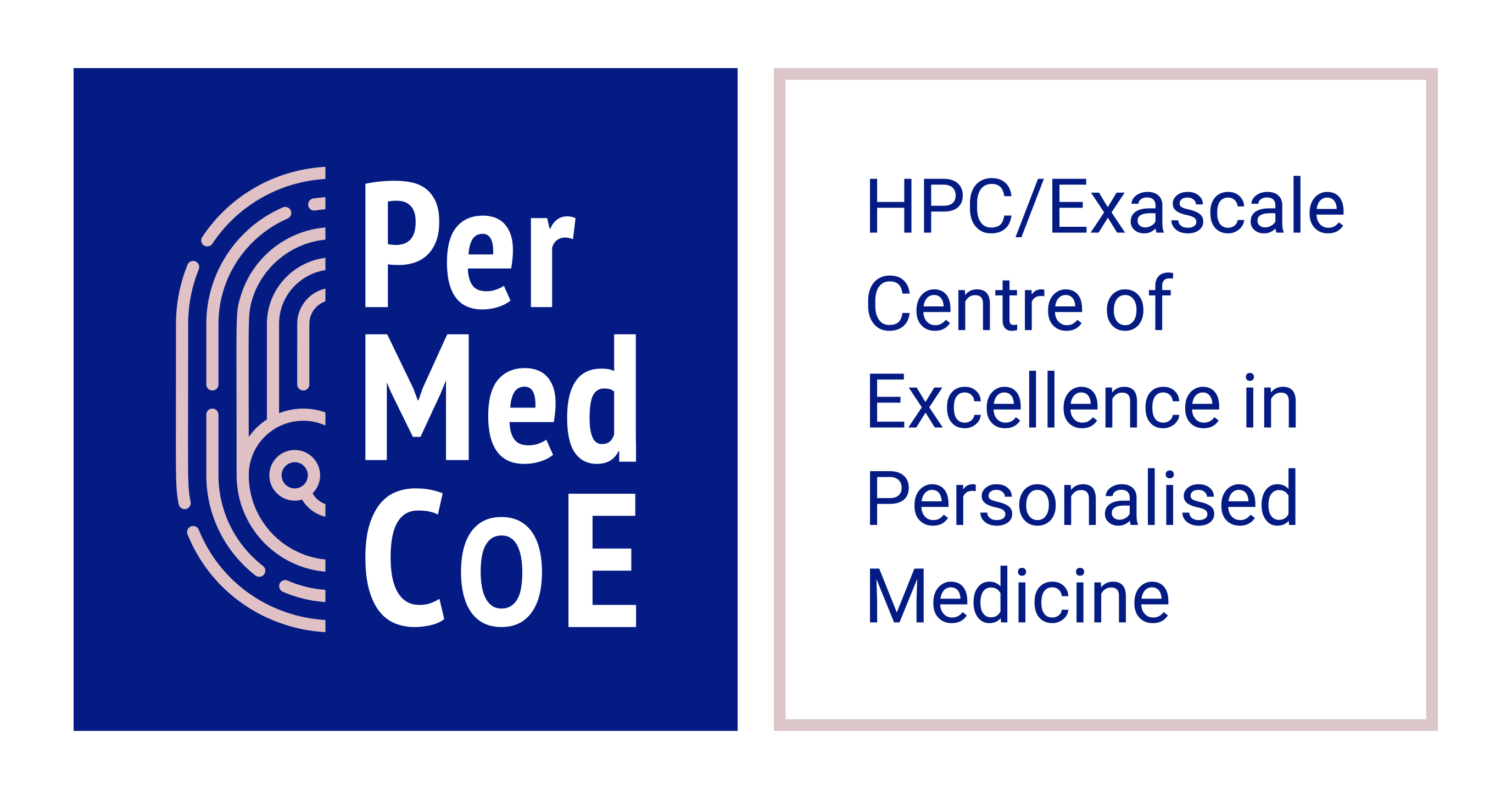Training materials
-
Toolkit
ELIXIR’s Impact Toolkit, to support performance and impact evaluation in a distributed data research infrastructure for the life sciences
 • beginnerImpact Research Infrastructure Monitoring Indicator Evaluation Sustainability
• beginnerImpact Research Infrastructure Monitoring Indicator Evaluation Sustainability -
Tutorial, Video, Series of videos
Federated EGA: Introductory videos
• beginnerFederated EGA FEGA metadata ELIXIR-CONVERGE Phenotype SARS-CoV-2 -
Training materials, Series of videos
Visium data analysis (spatially resolved transcriptomics) 2022
spatially resolved transcriptomics -
Course materials
Research Data Management -course
• beginnerRDM research data management data management CONVERGE -
Webinar, Training materials
An introduction to MobiDB
• beginnerintrinsically disordered proteins Databases intrinsic disorder prediction protein sequence -
Webinar, Training materials
Exploring structural and functional annotations of IDPs with DisProt
•• intermediateCuration Databases Ontologies Intrinsically disordered proteins Protein sequence analysis Protein function analysis -
Webinar, Training materials
An introduction to DisProt
• beginnerCuration Databases Ontologies Intrinsically disordered proteins Protein sequence analysis Protein function analysis -
Introduction to using containers - OpenShift, Kubernetes and Docker oriented view
• beginnerContainers Kubernetes Cloud computing -
Tutorial
Tutorial on working with computing clusters
 •• intermediateHPC
•• intermediateHPC -
Tutorial
Tutorial on using MPI with containers
 •• intermediateMPI Containers Computer Programming Documentation and help
•• intermediateMPI Containers Computer Programming Documentation and help
